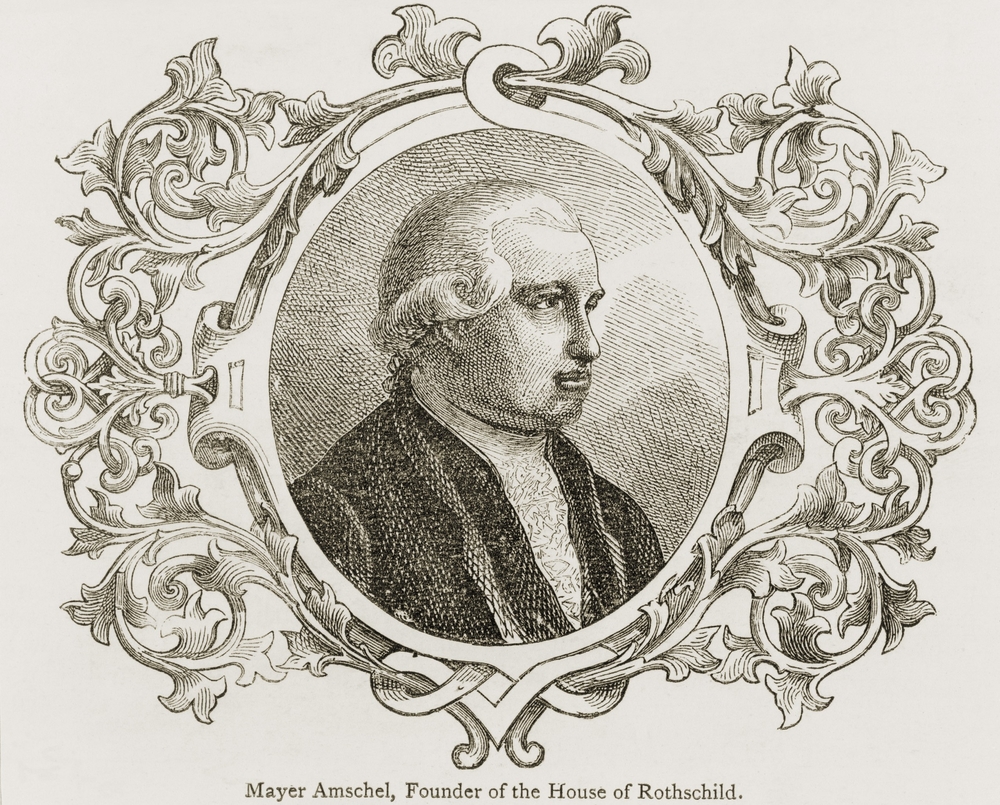Contributors
Philanthropic activity has existed for many years, starting with Dona Gracia, who saved hundreds of thousands of Jews during the Inquisition years, through the extensive activity of families like Rothschild and Rockefeller, until current modern philanthropists like Bill Gates and Mark Zuckerberg. The scope of activity in this sector is enormous. In the United States alone, the amount of donations to non-profit organizations reached $485 billion in 2021.
The methods of giving and the goals of giving, (declared or private), take various forms. Modern and efficient legal structures, allowing philanthropy to be more flexible and tailor to the donor’s wishes, are becoming more common and amass significant wealth.

The endowments of the top ten leading universities in the United States, such as Harvard, Yale, and Stanford, which have been operating continuously for hundreds of years, control managed assets worth approximately $300 billion.
Community foundations, which have been operating since the beginning of the 20th century, where the first example of sizable giving legal platforms, having centralized management. The Cleveland Foundation was established in 1914, as a general-purpose philanthropic organization, with donations collectively managed and later deployed for a variety of purposes.
It operated in an unregulated manner for many years. Although these funds have been active for decades, the legal structure allowing continuous giving and retaining control over the allocation of funds was only established in 2006, when the modern legal framework for donor-advised funds (DAFs) was recognized for the first time in US legislation. In less than 20 years, philanthropic funds managed by investment management giants such as Fidelity, Schwab, Vanguard, and major banks such as Morgan Stanley and Goldman Sachs have grown rapidly. Currently, they manage assets worth over $160 billion.
A donor-advised fund operates similarly to a debit card. The donors transfer assets in their possession (cash, stocks, real estate, etc.) and immediately receives a tax deduction for the donation. The assets are held in a designated account and managed according to the donor’s selected investment policy. Over an extended period, the donor can allocate the donated fund and its tax-exempt fruits to philanthropic purposes as they see fit. This structure allows the donor to benefit from a dedicated fund without the need to establish a private structure that incurs significant administrative costs. Thus, the structure enables efficient investment management, different from that of regular charities, while maintaining control over the purpose of donations and the timing of their transfer to beneficiaries.

A donor-advised fund operates similarly to a perpetual foundation and allows for long-term deferral of the donation. Sharp criticism has been raised regarding this issue, and many large funds are now required to make a minimum annual donation and some require donors to hold the funds for a maximum period before transferring them as a donation.
In Israel, initial steps have been taken in this field. There are individual funds operating as DAFs, allowing for long-term donations and retaining control over the allocation of funds by the donor. The simplicity of these funds appeals to the general public. However, they are limited in offering value propositions to donors and only allow donations to charities. The more sophisticated and efficient funds enable the creation of a personalized mechanism for donation while creating a a family legacy. However, due to their exclusive character, these funds are highly flexible but target only the top percentile of the market and not the general public.
The author, Alon Tal, is the founder of the philanthropic funds group, Merit Spread Foundation, which operates as a donor-advised fund in the United States and Israel.
Forbes Israel Contributors are independent writers that were individually picked by Forbes staff. The writers are experts in their field and provide professional commentary and analysis of current events. The content is unsponsored





